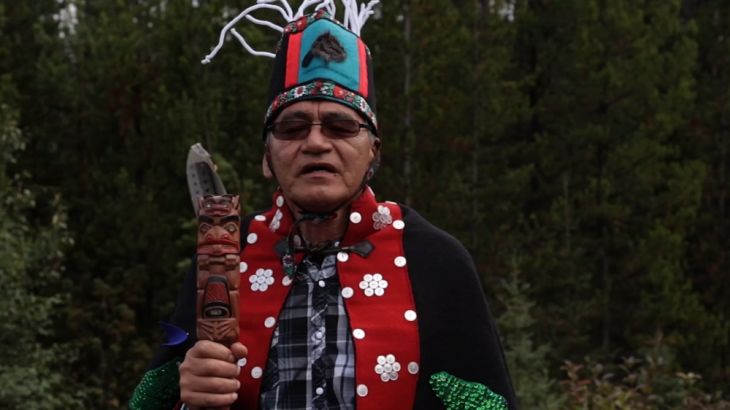
Resistance: Fighting back in India, Canada and Russia
Stories of resistance from Indian toxic gas survivors, a First Nation clan in Canada, and a Russian democracy activist.
Toxic Legacy
“We’re not going to Delhi to beg. We’re going there to demand the proper compensation we’ve been denied for 30 years.”
December 3, 1984, bore witness to the worst industrial disaster of the 20th century. In the Indian city of Bhopal, toxic gas spewed from the Union Carbide pesticide plant, killing 25,000 people and leaving more than 500,000 disabled.
Keep reading
list of 4 itemsPalestinian Prisoner’s Day: How many are still in Israeli detention?
‘Mama we’re dying’: Only able to hear her kids in Gaza in their final days
Europe pledges to boost aid to Sudan on unwelcome war anniversary
In 1989, the government of India settled for $470 million in compensation from Union Carbide. However, the settlement was based on figures claiming 5,295 people died and 4,902 were disabled.
Activists like Rachina Dhingra from the Bhopal Group for Information and Action and survivors of the toxic gas leak are still fighting for justice over 30 years later.
Holding their Ground
In 2009, Canada began to issue permits for a gas pipeline corridor in northern British Columbia.
Six years later, oil company workers attempt to enter Unist’ot’en First Nations clan territory, only to be met with resistance from the indigenous group who assert that the land has always been theirs.
Speaking to Chevron representatives, Freda Huson, the spokesperson for the Unist’ot’en camp, says, “You are trying to convince us to give up our way of life so that you can reap the benefits for government and investors, while you’re throwing crumbs to some of the partners.”
Additionally, a growing police presence raised tensions about the possibility of a raid on the camp.
This is the story of the Unist’ot’en clan’s fight for land and life.
Roman vs Kremlin
In 2012, Russian President Vladimir Putin signed tough new ‘anti-protest’ laws, whereby attending an unsanctioned protest can land you with a heavy fine or even imprisonment.
Journalist and pro-democracy activist Roman Dobrokhotov is fighting these laws and has his eyes set on Putin, the Orthodox Church, and far-right nationalists.
He says, “my primary mission as a civil activist is to protect the rights and freedoms prescribed in the Russian Constitution.”
Though Roman’s actions are daring and entertaining, his cause is deadly serious.